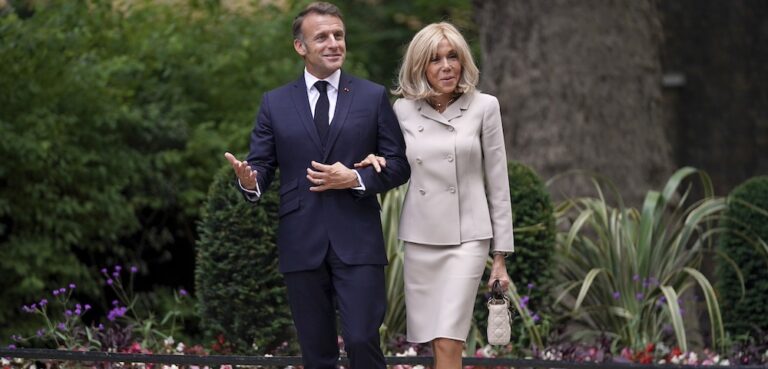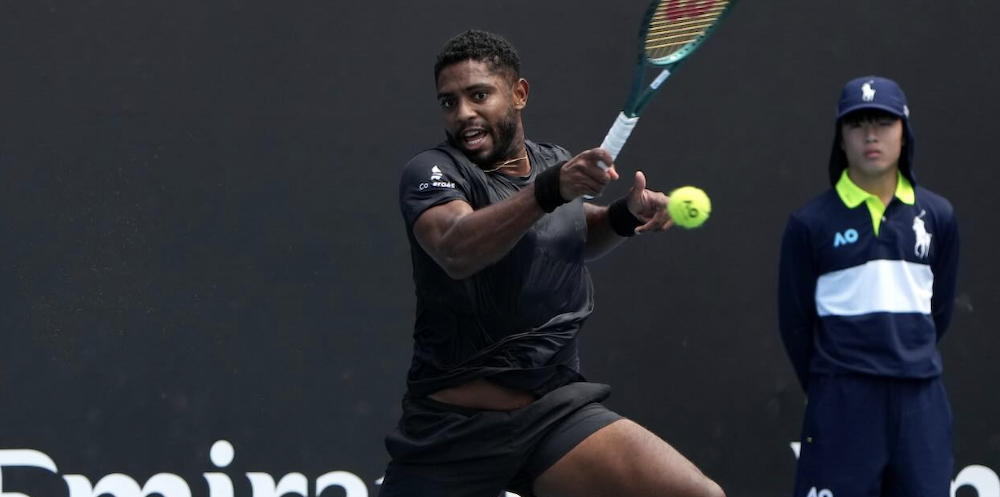
Boxer Imane Khelif Appeals World Boxing Genetic Sex Test Ban
World-class boxer, Imane Khelif, has appealed to the Court of Arbitration for Sport after World Boxing’s decision to bar her from events without a preliminary genetic sex test.
The 26-year-old filed an appeal on August 5 seeking to overturn the decision and be allowed to compete in the 2025 World Boxing Championships, which start this week, without undergoing the test.
On Monday, the court has dismissed her request to suspend the decision while the case is being heard. Written submissions are being exchanged between the parties, with a hearing to be scheduled with their agreement.
The appeal comes after World Boxing’s decision earlier in the year to introduce mandatory sex testing for all athletes, with the body specifically naming Khelif during the announcement.
“The introduction of mandatory testing will be part of a new policy on ‘Sex, Age and Weight’ to ensure the safety of all participants and deliver a competitive level playing field for men and women,” World Boxing wrote in a statement.
In 2023, Khelif was banned by the International Boxing Association from the world championships after allegedly failing to meet gender eligibility criteria, although the organisation lost its International Olympic Committee recognition only months later.
Khelif went on to win the women’s welterweight gold at the Paris Olympics the following despite the controversy over her gender eligibility.
The saga highlighted the strict binaries of femininity and masculinity expected in performing certain genders. A 2020 Human Rights Watch report explored almost 80 years of sex determination testing in sports, and found that the tests enforced by governing athletics bodies were disproportionately used to police women of colour.
“I am fully qualified to take part in this competition – I am a woman,” Khelif said after her Olympic win.
“I was born a woman, I’ve lived as a woman and I’ve competed as a woman. There’s no doubt that there are enemies of success, and that gives my success a special taste because of these attacks.”
Sex testing expanded in recent years
Similar treatment was directed at South African middle-distance Olympian, Caster Semenya, a woman born with XY chromosomes and high levels of testosterone. Semenya underwent sex testing at 18, and was made to take medication that lowered her testosterone for more than six years.
“I know that some other athletes with conditions similar to mine have been offered this solution. Many are women of color and are from impoverished backgrounds. They see running as their only hope of making a life for themselves and their families. They are intimidated by a system they cannot understand, and they don’t have resources to fight for themselves,” she wrote in a 2023 essay in the New York Times.
The move to introduce further sex testing comes amid a global shift to police the participation of trans women in sports.
In February, US President Donald Trump signed an executive order allowing Department of Justice to ban transgender girls and women from participating in female school sports, with schools and colleges risking federal funding if they don’t comply.
Meanwhile, in the United Kingdom, the governing body for football confirmed trans women will no longer be allowed to play women’s football in May.
Critics have questioned the science behind the move, with evidence suggesting that trans women on hormone therapy have no physical advantage over cis women – and by many metrics, actually have a disadvantage.










